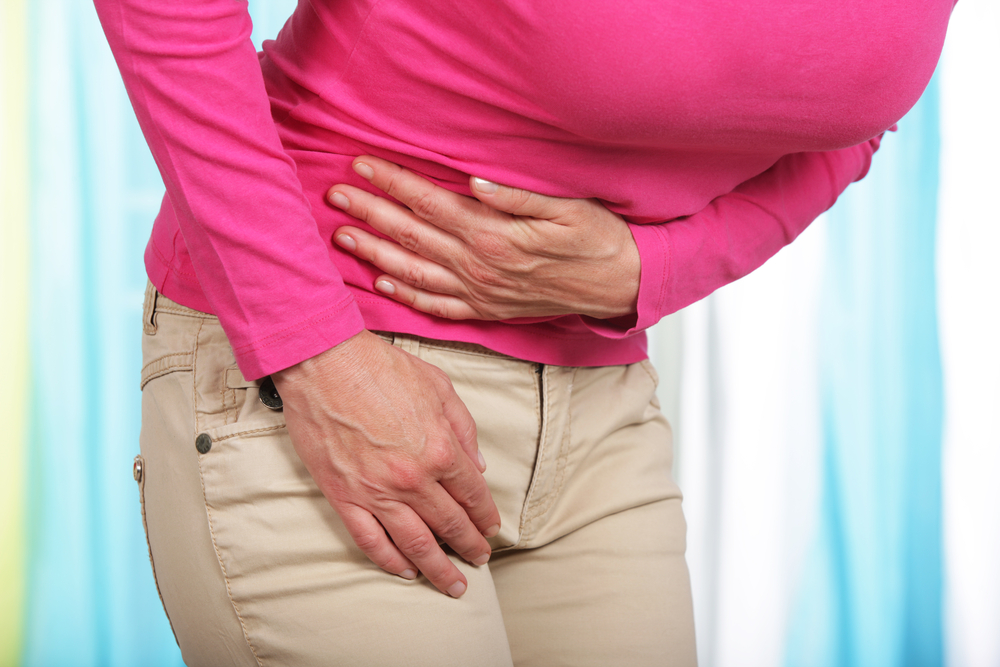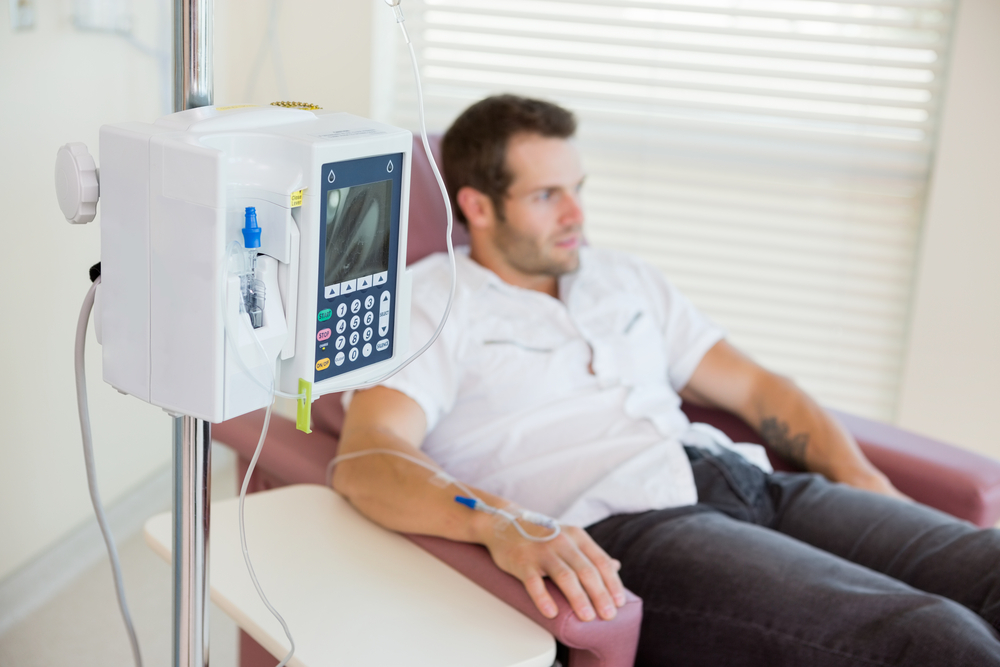Active body greatly reduces the constipation symptoms. Your health care specialist may prescribe an oral laxative if your lifestyle changes don’t help in constipation relief.
Constipation has now become a common issue in a sense that most people almost think of it as a part of the daily routine. For this, only the modern lifestyle is to be blamed for raising the number of individuals suffering from constipation. Some of the most common perpetrators would definitely be smoking, overeating, alcohol consumption, and junk food. Those affected with constipation have infrequent bowel movements, feel bloated, and find difficulty passing stools. The common symptoms these people experienced, besides being hard to pass stools are mood swings, lack of interest in work, worry, embarrassment, and irritability. Also, nausea, weight loss, abdominal swelling, and even vomiting may occur.

Some people have occasional constipation, which can be treated with appropriate changes in lifestyle, including an increase in diet, changes to diet, or over the counter laxatives. However, people suffering severe constipation may require medical attention.
Also Read: Boost your Brain by Having Cognitive Enhancers
Constipation involves a number of factors, especially genetic or environmental factors and result from neurologic, or systematic, or medications. It can be the result of either very slow movement of food through the intestines or trouble passing bowel movements after they reach the rectum.
Warning signs of more serious problems
Severe constipation can be troublesome and reduce the quality of everyday life. There are some warning signs if occur with your constipation symptoms may mean you have a more serious health issue. You should inform your physician if you also have:
- Rectal pain or bleeding
- Fever
- Unintentional weight loss
- Family history of irritable bowel syndrome, cancer, and celiac disease
- Vomiting
Medications can also make constipation a serious problem. Some of the prescription drugs are given below:
- Opiates: Vicodin, morphine
- Tricyclic antidepressants: Sandoval, Elavil
- Sympathomimetics: Ventolin
- Diuretics: Lasix
- Anticholinergic agents: Ditropan, Cogentin
- Antipsychotics: Risperdal, aloperidin
Over the counter drugs may include:
- Iron supplements: Ferro-sequels
- Antidiarrheal agents: Imodium
- Antihistamines: Claritin, Benadryl
- Calcium supplements: Os-Cal, Citracal
- Nonsteroidal anti-inflammatory agents: Aleve, Advil
- Antacids, especially calcium containing: Rolaids, TUMS
Keeps a list of your medications including prescription, over the counter, vitamins, and other supplements. Check with your physician to find out if they may be the reason of your problem. In this way, your physician may be able to reduce your dose or find a substitute that will not cause constipation.
Difference between occasional and chronic constipation
- Occasional constipation is infrequent while chronic constipation presents for at least three months and may also persist for years.
- Short term, the condition may temporarily interrupt usual routine while the long-term problem may dominate personal as well as office life.
- Occasional issue can be relieved by diet, exercise, and over-the-counter medications while severe one may need immediate medical help and prescription medication
- The problem that persists for a few days may be brought on by behavior, lack of exercise, change in diet, sickness, or medication. Whereas chronic constipation not only associated with behavior, lack of exercise, diet changes, medication, or illness. It may also be caused by certain physical issues.
Risk factors for constipation
Several factors can put you at a greater risk of developing constipation and these factors may include:
- Gender: If you are a woman
- Age: If you an older person of 65 years of age
- Decreased mobility: If you are not enough physically active, either by choice or due to disability
- Dietary: If you do not drink enough water in a day or do not eat enough fiber in your food.
Manage your constipation
Lifestyle and dietary changes are usually recommended as the first line treatment for constipation. While lifestyle changes may help, but people with chronic constipation need additional treatment.
Lifestyle advice:
In many cases, essential lifestyle changes improve the condition without the need for medication.
Also Read: Understanding Male Breast Cancer- Symptoms and Diagnosis
Some remedies for constipation are listed below:
- Add food ingredients such as wheat bran to your diet. This will help soften your stools and make them easier to pass.
- Add more fiber to your diet. You must eat at least 18 to 30 g of fiber daily. Fiber rich foods include cereals, fresh fruits, and vegetables.
- Keep hydrating yourself by drinking at least eight glasses of water a day.
- Exercise daily, for example, by going for a brisk walk of 15 minutes.
- Spend more time in the toilet by responding to your bowel’s natural pattern. Never delay when you feel the urge to go to the toilet.
- If constipation is causing pain or discomfort, then you can take a painkiller such as paracetamol. Make sure that you follow the dosage instructions carefully. Children under the age of 16 years are not advised to take aspirin to get rid of the pain.
- If you think that your medication could be causing constipation, your physician may be able to prescribe an alternative.




